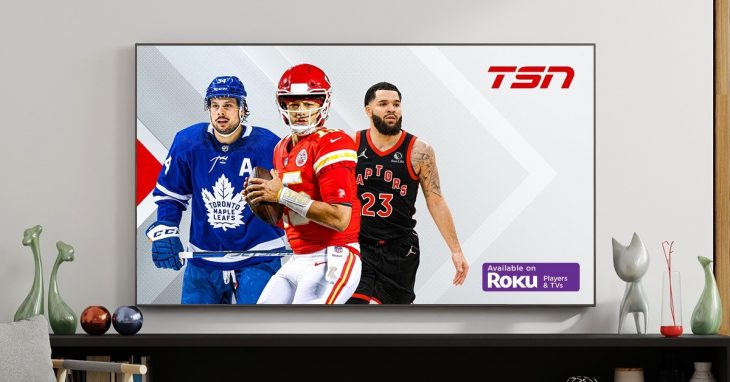
By Ahmad Hathout
The Federal Court has granted a fresh website-blocking order that will force broadcasters to block websites streaming different sports league matches for next season.
The July 9 order draws on previous site-blocking precedent but deviates in that it is being applied to multiple sports in a single order. It also applies a permanent ban on the defendants from broadcasting the unlicensed content, though the reason for the site-blocking order in the first place is because said defendants, who can operate from abroad, have historically not stopped the activity.
As such, the order captures all live pre- and regular season National Basketball League games and, in the case of streaming service FuboTV, Premier League soccer matches for next year. The applicants had also requested a block of live National Hockey League games just for the 2024 season, whose last game was on June 24.
The order also includes a mechanism to add other live sports events via a court judgment. That mechanism was utilized days later, when the court on July 12 approved the blocking of sites illegally streaming the UEFA Euro 2024 final between Spain and England this past Sunday.
Rogers, Bell, Quebecor, and FuboTV brought the request for the court order, which also applies to Eastlink, Cogeco, SaskTel, TekSavvy, Telus, and VMedia.
“As is intuitive, the applicants’ evidence confirms that sports events are best experienced live and that viewers nearly always do so: the average viewership of reruns of sporting events is believed to be 5% or less of the viewership for live events (different affidavits referred to 1%, 3% and 5%),” the court said in its decision. “Live sports events are amongst the most watched content on television.”
For example, Bell reported Tuesday, citing preliminary data from Numeris, that 18.7 million Canadians — or nearly 50 per cent of the population — tuned into games of the Euro and the Copa America tournaments (Canada played in the latter).
“The affidavit evidence from employees of the applicants also shows that they have invested very substantial financial resources to obtain the rights to broadcast live NHL, NBA and Premier League games in Canada and to produce associated programming, which in turn generate very substantial revenues from advertising (based on sizeable viewership) and subscription fees paid by consumers (either for a cable or satellite package, or for online services),” the court added.
The order builds on precedent set by the court for other site-blocking cases, which started at GoldTV and then expanded to include “dynamic” site blocking, in which a list of website addresses to block the protected content could be updated in real time without a court order – so long as it applied to the approved sports league and was inside the prescribed limited time frame.
Photo via Roku



